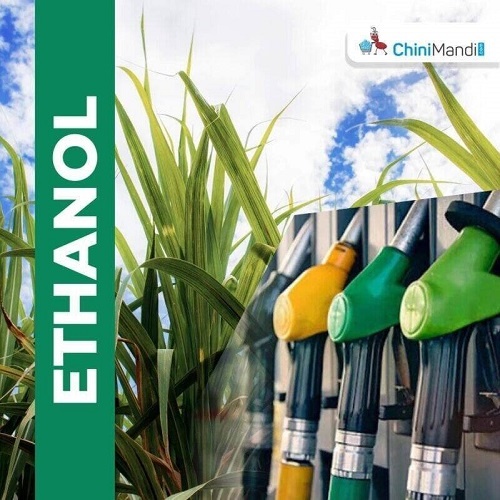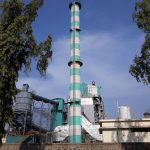Along with the industrial revolution, agri-entrepreneurs have also ventured into various dimensions of agriculture and food production. These entrepreneurs have consistently supported agri-scientists in developing technologies and techniques that can provide food, fiber, fuel, and fodder for the overall development of society, the country, and the world. Since the invention of micro and nano units, scientists have been fervently striving to create micro and nano products that find applications in agriculture. Micro-irrigation is a widely used term that stakeholders employ to promote water use efficiency in agriculture.
Over the last couple of decades, scientists have focused on nanotechnologies. With the aid of nanotechnology, the size of materials can be significantly reduced, along with their physical and chemical properties. Nanotechnology can positively impact sugarcane output, indirectly benefiting ethanol production.
In the domain of crop health management, scientists have made considerable progress and developed nano products that can be easily utilized to promote crop growth. In the past two years alone, tens of thousands of acres of land have been brought under the use of nano urea to establish a cost-effective crop management mechanism.
Alok Pandey, General Manager – Sustainable Sugarcane at Solidaridad, remarked, “Due to the growing demand for sugarcane in ethanol production, a significant number of sugarcane growers are using nano urea in their fields, aiming to achieve higher yields. Sugar mills and agri-tech service providers are collaborating in this direction, supporting farmers. The use of nano urea is promoted in sugarcane farming when the sugarcane crop reaches a height of five feet or more.”
“Considering the challenges faced by sugarcane growers in Uttar Pradesh due to Red Rot disease, there is a potential adverse impact on sugarcane, sugar, and ethanol production. To address this situation, there is a need to employ nanotechnologies for pathogen diagnosis. Nano particles can serve as rapid diagnostic tools for detecting bacterial, viral, and fungal pathogens,” he added.
Institutions affiliated with the Indian Council for Agriculture Research (ICAR), including the Sugarcane Breeding Institute in Coimbatore, have initiated work in this direction. However, to support the government’s ethanol blending targets, greater emphasis should be placed on this front. Investments should come from sugar mills and businesses (such as oil and beverage manufacturing companies) to effectively manage their demand and supply.
“By addressing various aspects of sugarcane cultivation, nanotechnology offers a comprehensive approach to increasing sugarcane production, which in turn directly influences the availability of raw materials for ethanol production. This integrated approach results in higher ethanol yields and supports the sustainability of the biofuel industry,” concluded Pandey.
India aims to achieve a 20% ethanol blending target by 2025. The government has announced various initiatives and measures to encourage biofuel production.












